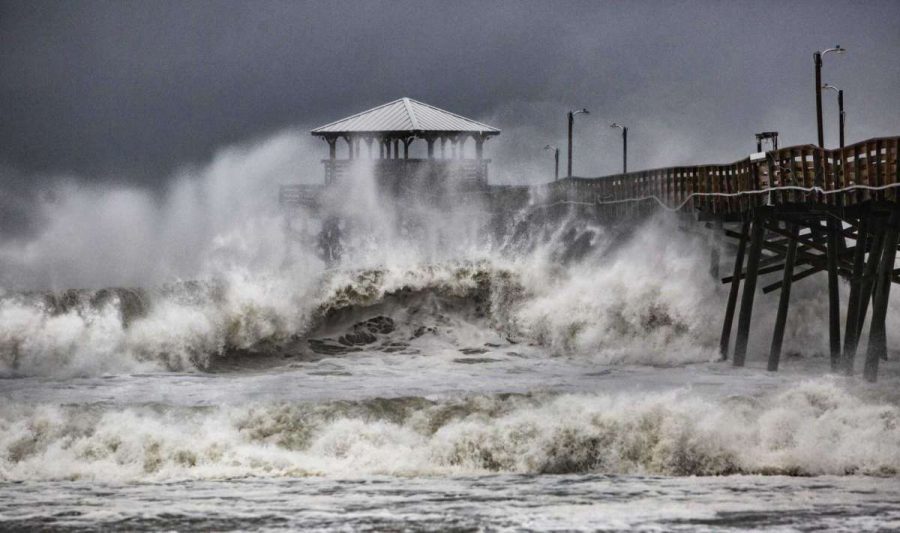The Cost of Ignoring Climate Change
November 26, 2020
People need to know how dreadfully expensive climate inaction has already become and how much more expensive it will become if we don’t get our act together. This is the point of the recent claim by the Intergovernmental Panel on Climate Change that we have “twelve years left.” Scientists are not claiming that in twelve years (eleven now), we fall off the cliff of climate catastrophe and face the end of humanity. They are saying that if we don’t immediately start to make major reductions in greenhouse gas emissions, we will miss the opportunity to stave off extremely serious, and possibly catastrophic, effects.
One reason we’ve failed to act on climate change is the persistent perception that it’s far away in time and space. For decades, climate change was a prediction about the future, so scientists talked about it in the future tense. This became a habit, so much so that even today many scientists still use the future tense, even though we know that climate disruption is underway. Probably one of the reasons why governments and individuals have been so idle about the topic is because it is easy to ignore its effects when you believe it is not impacting you at the moment.
The signs, however, are everywhere, and they are now catching up to us, too. Heat waves, forest fires, abnormal weather patterns, all of these can be attributed to climate change and global warming in general. When unmanaged these phenomena will grow into a scale so large it can make developed civilizations struggle to exist alone. Rising sea levels can sink coastal countries. Plants and animals can go extinct. Humanity alone will struggle when the planet finally reaches the point of being incapable of supporting it.
According to Naomi Oreskes, a professor of the history of science at Harvard, and Nicholas Stern, the chair of the Grantham Research Institute on Climate Change and the Environment at the London School of Economics (nytimes.com) world leaders are underestimating on of the destabilizing effects of climate change, the price tag.
Even with international agreements like the Paris Agreement (The Paris Agreement is a landmark environmental accord that was adopted by nearly every nation in 2015 to address climate change and its negative impacts. … The agreement includes commitments from all major emitting countries to cut their climate-altering pollution and to strengthen those commitments over time) signed and inaction, more can be done before we could make a real change. The real action has been put off for so long that the problem is now extremely severe, so much that we can only make things manageable again once we have reduced our emissions to zero. At the very least, steps are now taken in the right direction, the use of electric cars and marketing of better energy sources are good examples. But as long as coal plants are burning, we’re not really doing the planet any real favors.





















































































































































